Chavín de Huántar, Peru (1200 BCE)
Artist/Designer: Chavín Culture
Project Location: Peru
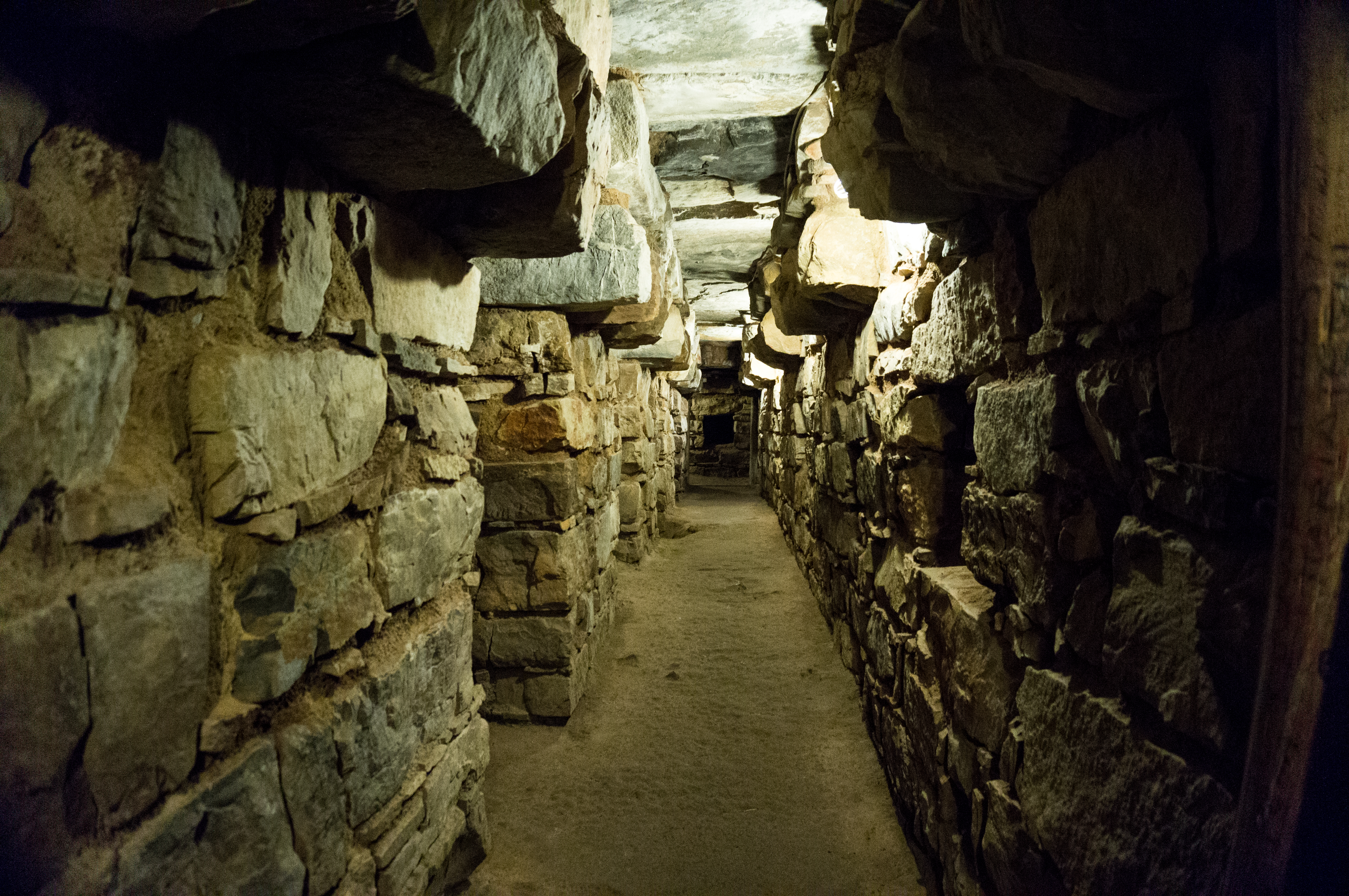
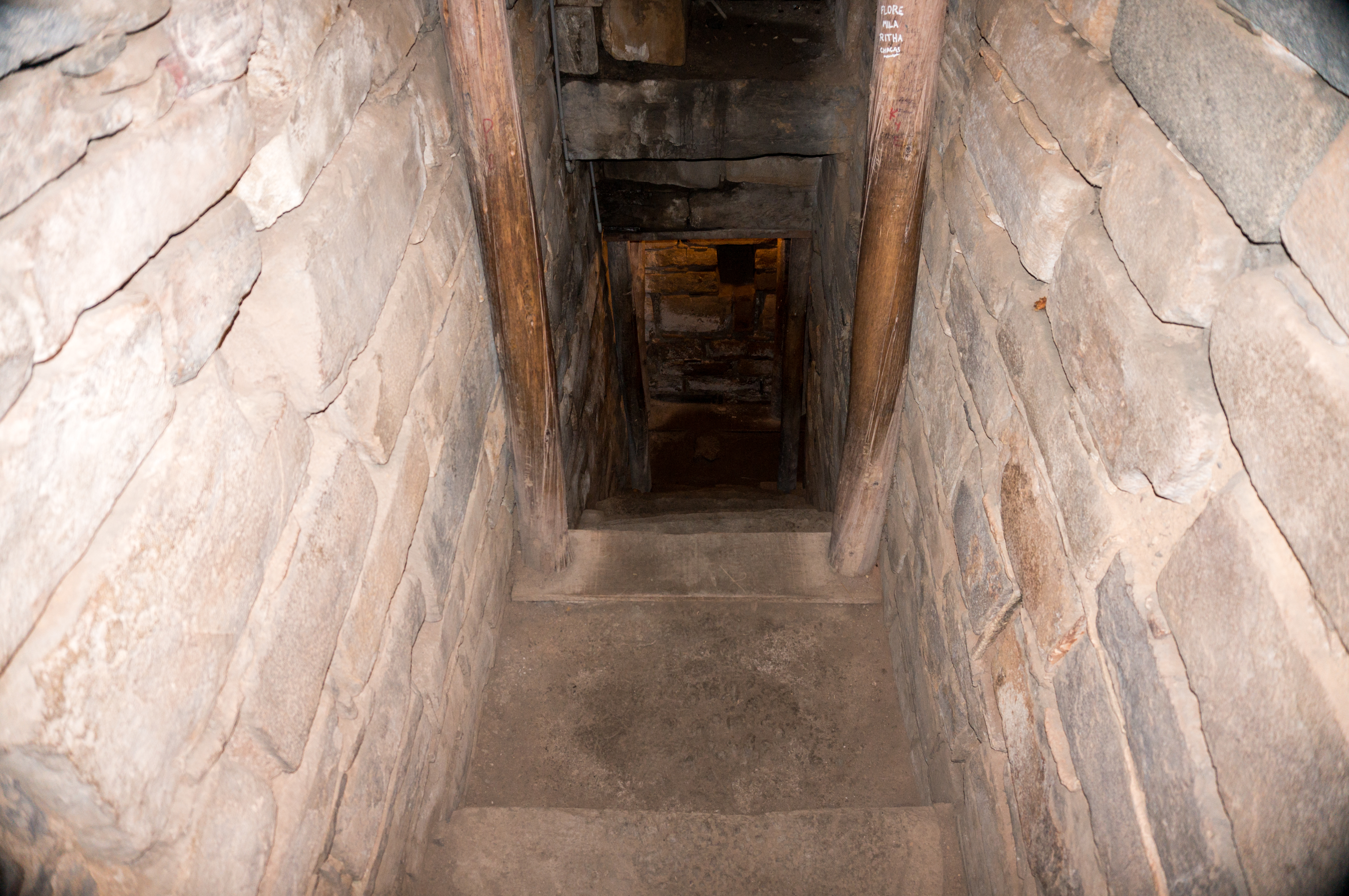
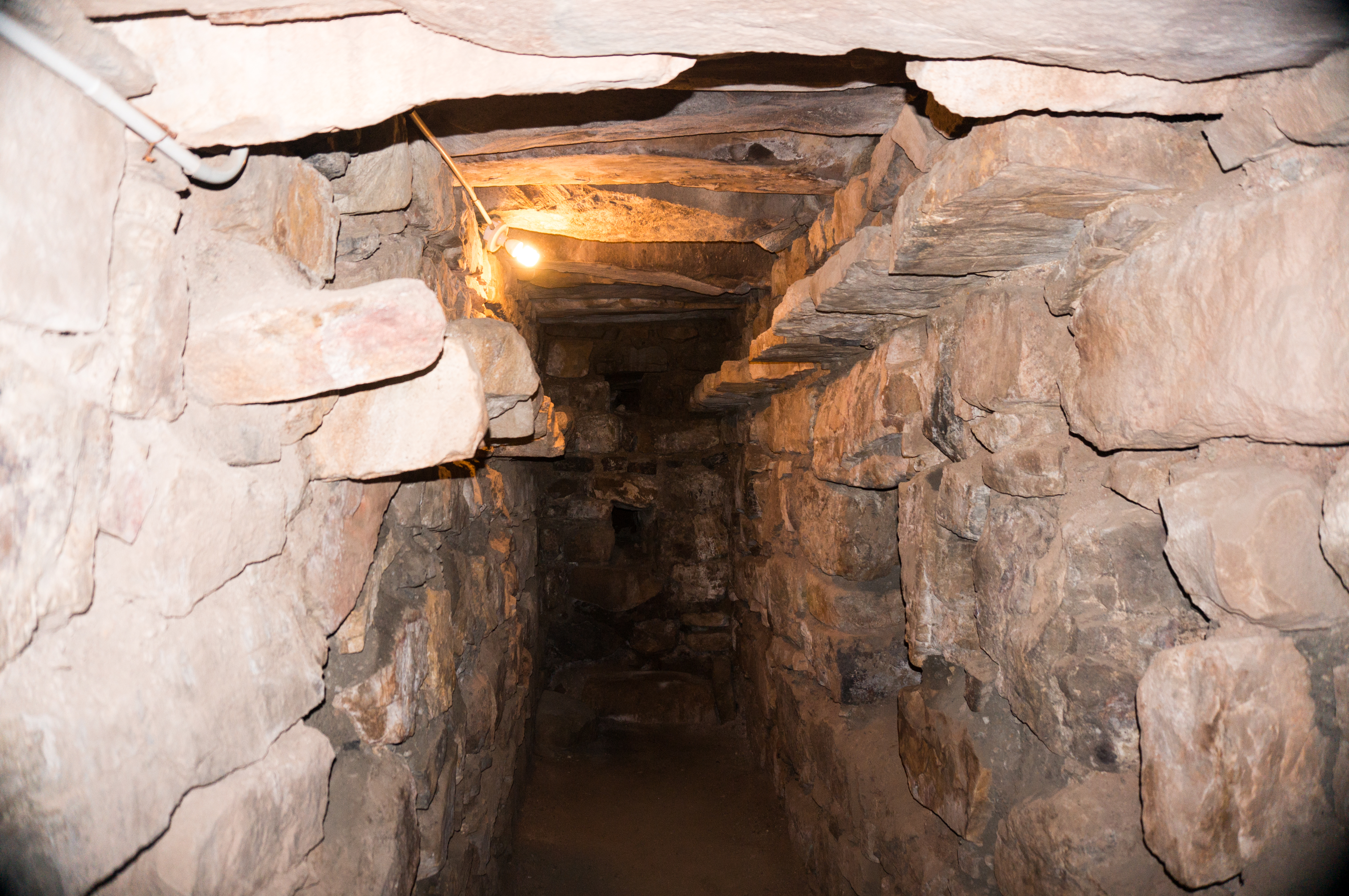
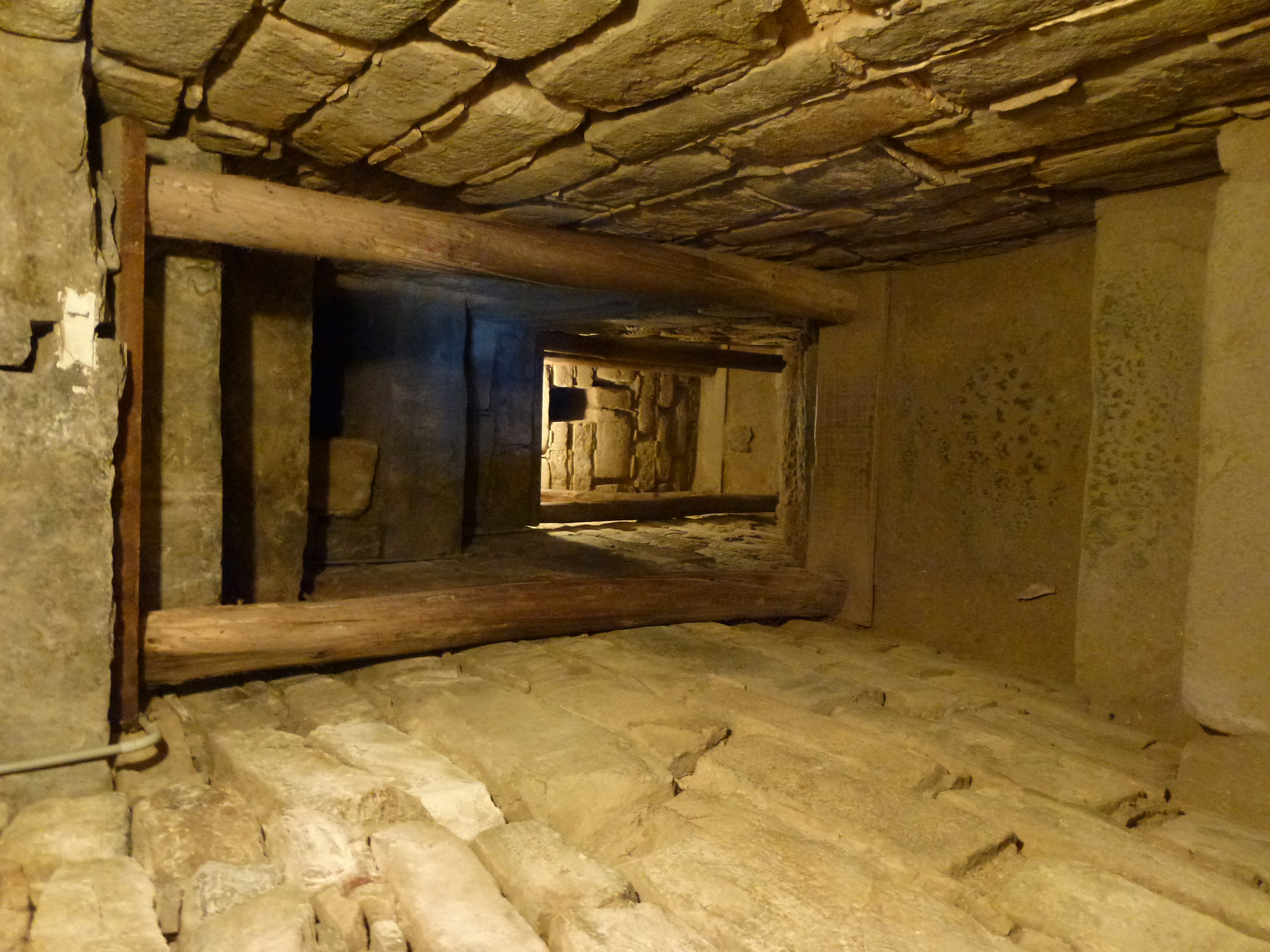
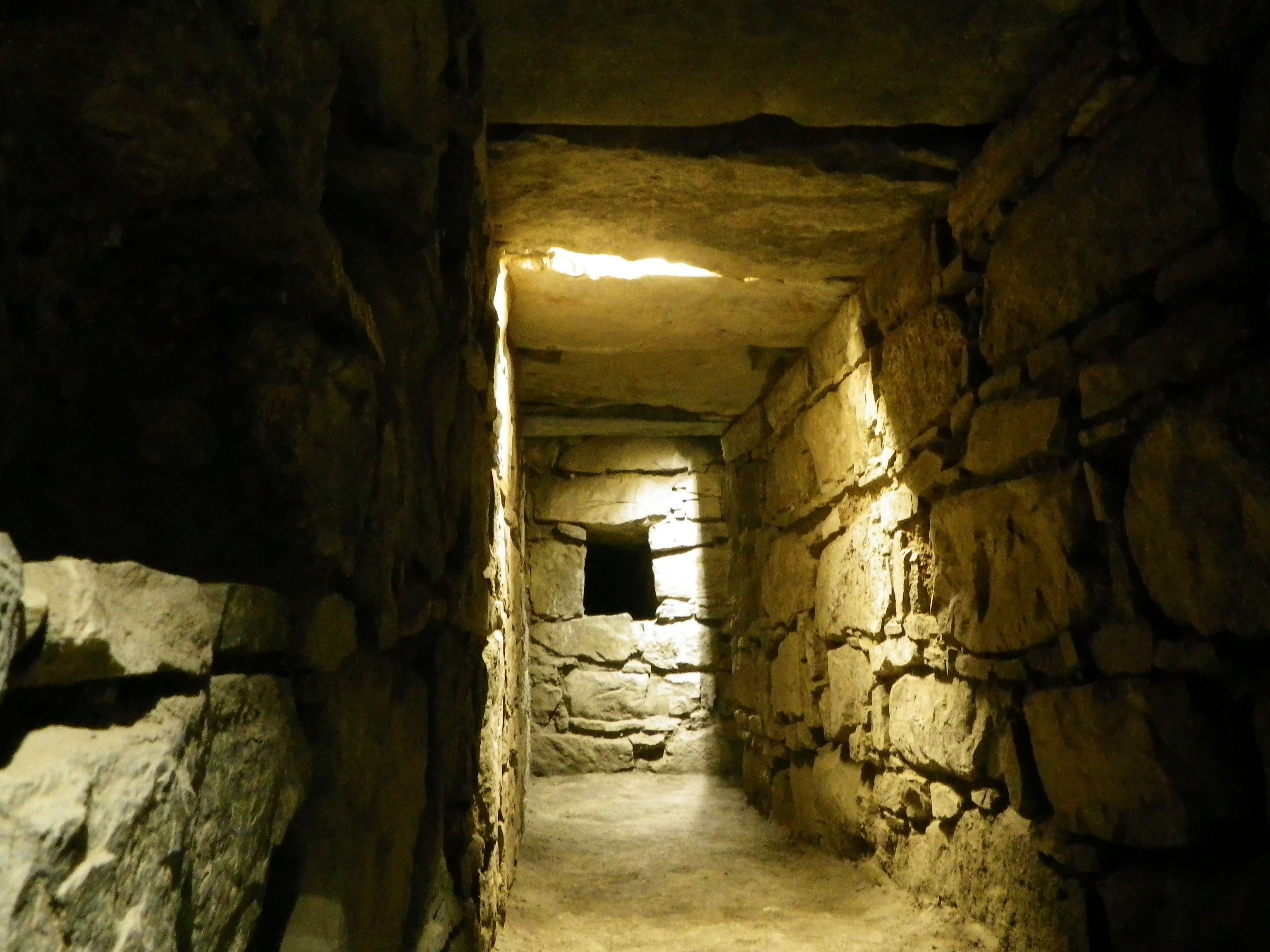
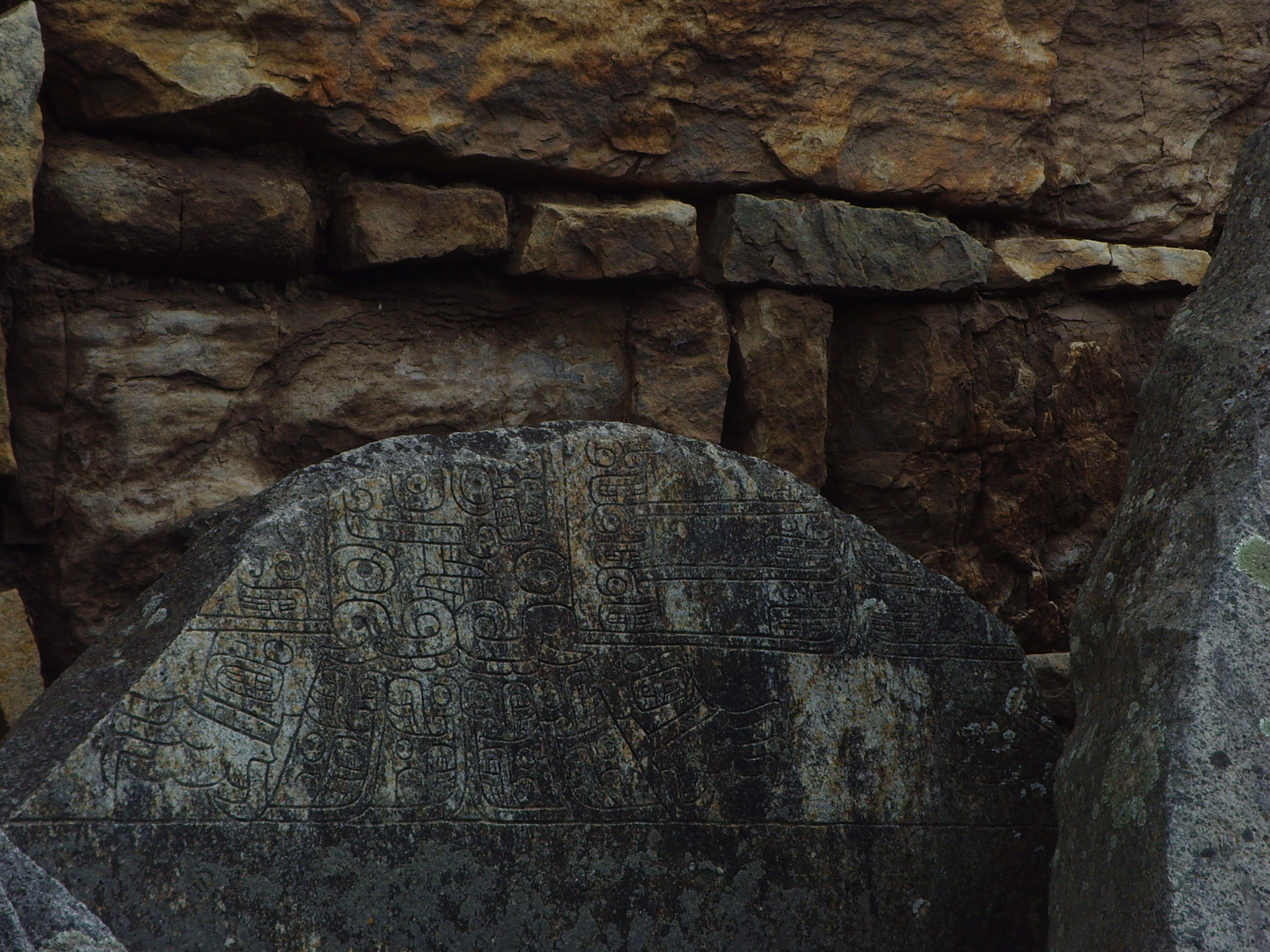
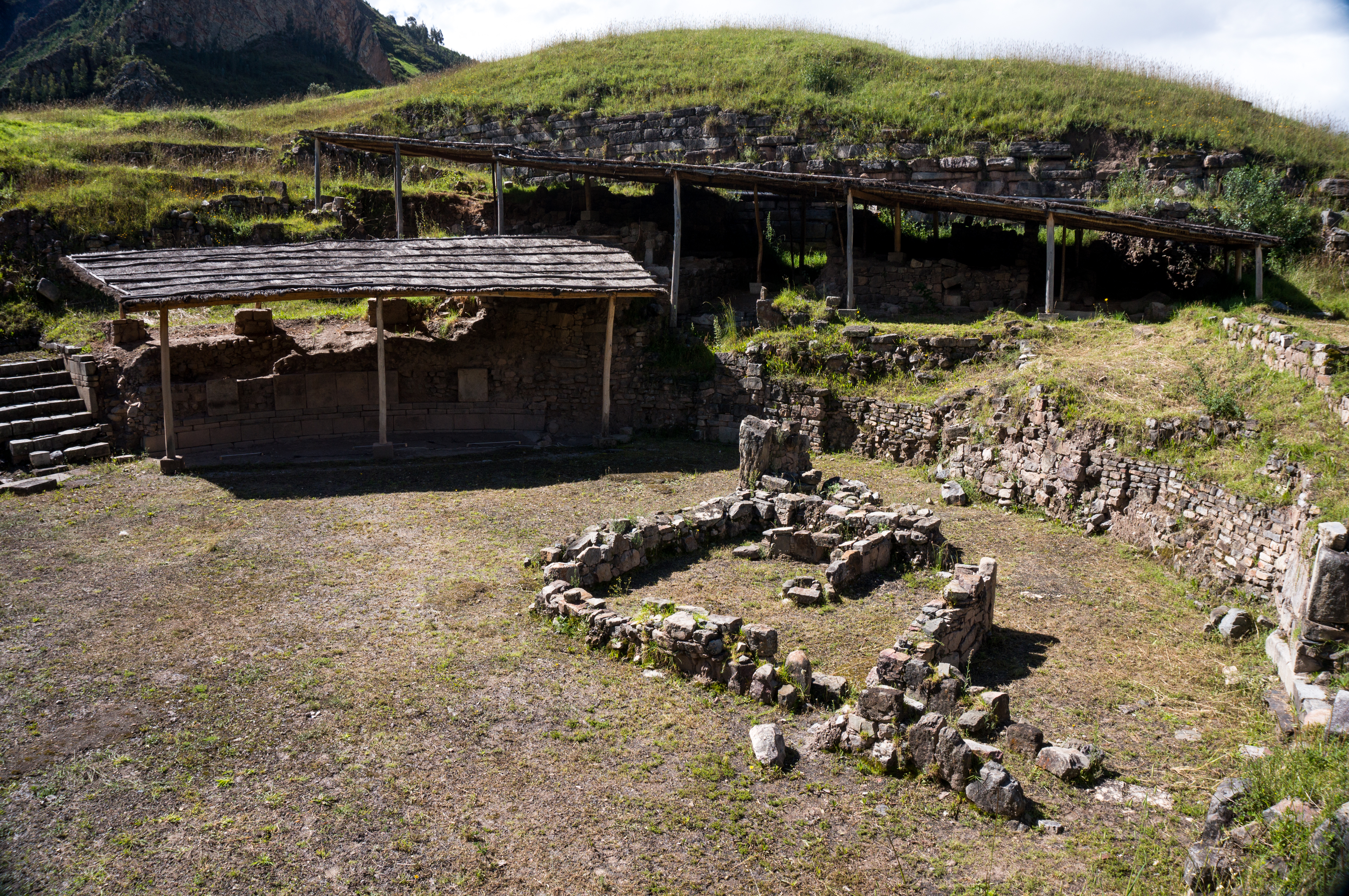
Style/Period(s):
Indigenous Design
Primary Material(s):
Stone
Function(s):
Religious Building
Related Website(s):
Significant Date(s):
4th Century, 1920-1929, 1929, 1940-1949, 1945, 2000-2009, 2004
Additional Information:
Publications/Texts in Print:
Ayres, Fred D. “Rubbings from Chavin de Huantar, Peru.” American Antiquity 27, no. 2 (1961): 239–45. https://doi.org/10.2307/277843.
Burger, Richard L (2008). "Chavín de Huántar and Its Sphere of Influence". In Silverman, Helaine; Isbell, William (eds.). Handbook of South American Archaeology. Handbook of South American Archaeology. Vol. Sphere of Influence. Springer. pp. 681–703. doi:10.1007/978-0-387-74907-5_35.
Additional Information:
The site is a UNESCO World Heritage Site.
Chavín was a ceremonial and pilgrimage centre for the Andean religious world and is one of the earliest and best known pre-Colombian sites.
Project Description:
Chavín de Huántar is an archaeological site in Peru. It contains ruins and artifacts as early as 1200 BCE and was occupied from around 1500 BCE until around 300 BCE by the Chavín culture. It is 270 miles north of Lima, Peru.
Building Address:
Ancash Region, Peru
Coordinates: 9°35′34″S 77°10′42″W
Supporting Designers/Staff:
Significant Dates:
1500 BCE - Occupied by the Chavín
300 BCE - Occupation ended
June 13, 1929 - Chavín protected by Peruvian National Constitution Law Nº 6634
1945 - Flood that partially buried Chavín
2004 - Global Heritage Fund began conservation work
Associated Projects:
Tags:
Pre-Incan, Peru, Chavín, Indigenous, Temple
Viewers should treat all images as copyrighted and refer to each image's links for copyright information.